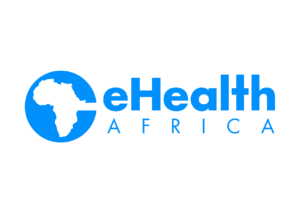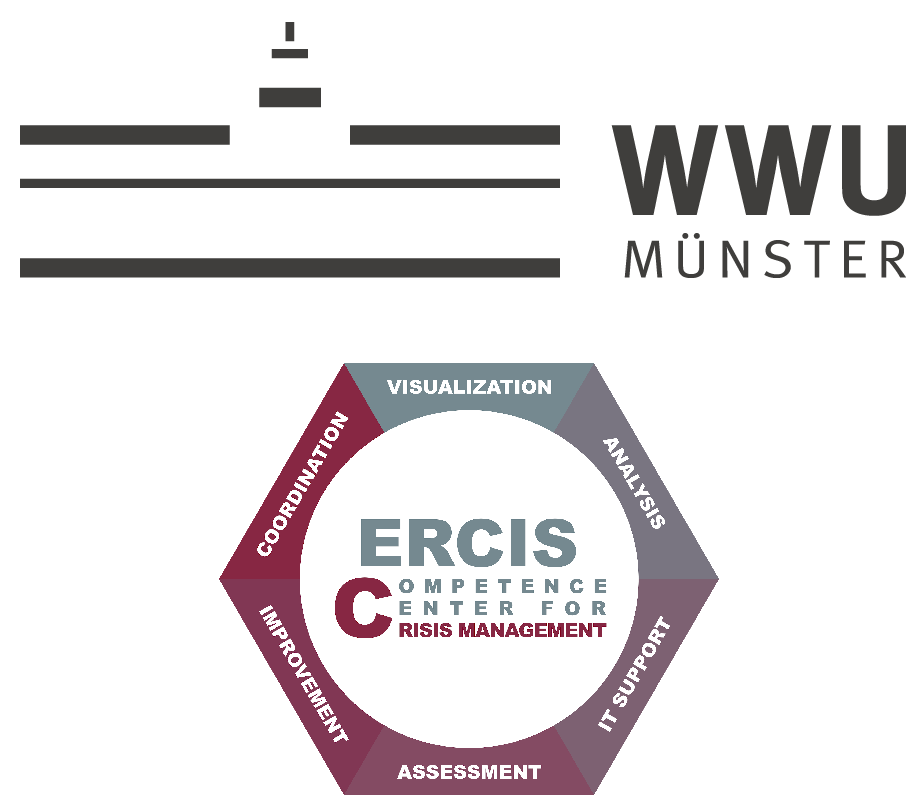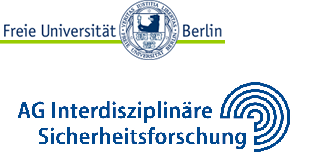The inter-disciplinary BISKIT-Consortium consists of one regulatory agency, one non-governmental organization and three universities. Together, we combine the expertise in regulatory support to African partner countries in the field of blood transfusion, digital solutions for better health care in Africa, modelling and simulating humanitarian supply chains, and crisis and security research to develop an information-system for data-based decision-making before, during and after crises. The following partners work on this project:
- Paul-Ehrlich-Institut, Federal Institute for Vaccines and Biomedicines
- Chair for Software and Digital Business, Technical University of Darmstadt
- eHealth & Information Systems Africa gGmbH
- European Research Center for Information Systems, University of Münster
- Working Group Interdisciplinary Security Research, Freie Universität Berlin

The Paul-Ehrlich-Institut (PEI), the Federal Institute for Vaccines and Biomedicines, in Langen near Frankfurt/Main is a senior federal authority reporting to the German Federal Ministry of Health (Bundesministerium für Gesundheit, BMG). It is responsible for the research, assessment, and marketing authorisation of biomedicines for human use and immunological veterinary medicinal products. Its remit also includes the authorisation of clinical trials and pharmacovigilance, i.e. recording and evaluation of potential adverse effects. Other duties of the institute include official batch control, scientific advice and inspections. In-house experimental research in the field of biomedicines and life science form an indispensable basis for the manifold tasks performed at the institute. The Paul-Ehrlich-Institut, with its roughly 800 members of staff, also has advisory functions nationally (federal government, federal states (Länder)), and internationally (World Health Organisation, European Medicines Agency, European Commission, Council of Europe etc.).

The object of our research work at the Chair for Software and Digital Business is the analysis and design of the digitization of economy and society. We look at how innovative digital technologies and new leadership principles lead to change in companies. One of our current technological focus is the use of machine learning and deep learning algorithms. From a management perspective, our focus is on the development of new digital business models – including start-ups – and the analysis of challenges and the design of solutions in the areas of cybersecurity and privacy. We mainly work empirically in terms of methodology, but we also develop prototypical solutions, for example in the field of Deep Learning. Another research area addresses the use of machine learning and operations research methods for processes and services in the healthcare sector with a focus on emergency medical services, hospital and blood logistics, as well as the application of machine learning algorithms to medical use cases.

eHealth Africa (eHA) builds stronger and more resilient health systems through the design, implementation and scale-up of data-driven solutions that respond to public health needs and provide underserved communities with adequate and effective tools to lead healthier lives. Based in Africa and Europe, eHA has been establishing new standards in routine health delivery, emergency response, disease surveillance, laboratory and diagnostic systems as well as nutrition and food security since 2010. Examples include our front-line responsibilities in responding to the West African Ebola virus epidemic (2013-2016) and our co-leadership in the implementation of the Polio Endgame Strategy to achieve the eradication of the wild polio virus from the African continent in 2020.

The mission of the chair for Information Systems and Supply Chain Management at the WWU Münster is the development of application-oriented research contributions in the areas of supply chain management, logistics and operations management with regard to support by information systems. The chair belongs to the European Research Center for Information Systems (ERCIS), which is an international network of scientists, conducting cooperative research in the field of integrated information systems development and organizational design. It frequently holds top ranks amongst comparable institutes in Germany. Furthermore, the chair is heading the Competence Center for Crisis Management (C3M), which was founded in 2013. The C³M integrates the research efforts of the ERCIS network in the domain of crisis management and humanitarian logistics. The main objective is to identify relevant challenges and gaps in current practices of humanitarian organizations and to find adequate solutions in the area of information systems and supply chain management research.

The Working Group Interdisciplinary Security Research at Freie Universität Berlin is concerned with future systemic risks, dangers and threats, while integrating different professional perspectives. The working group combines various social science concepts such as cultural-sociological theories of risk and security and psychological-cognitive theories of perception and coping with perspectives from the fields of technology and future research. In this way, the scientific discussion of the topic of security is embedded in a social context and reflected with regard to future challenges, such as those arising from the development of new security technologies. The research work of the working group is brought together under the umbrella of the Research Forum on Public Safety and Security, which was established in 2009 by an initiative in the German Bundestag.
